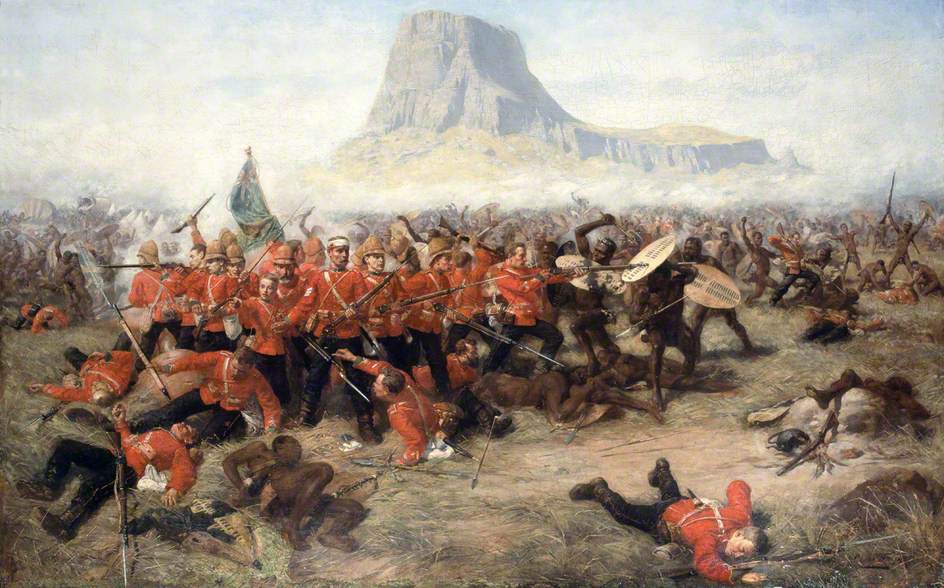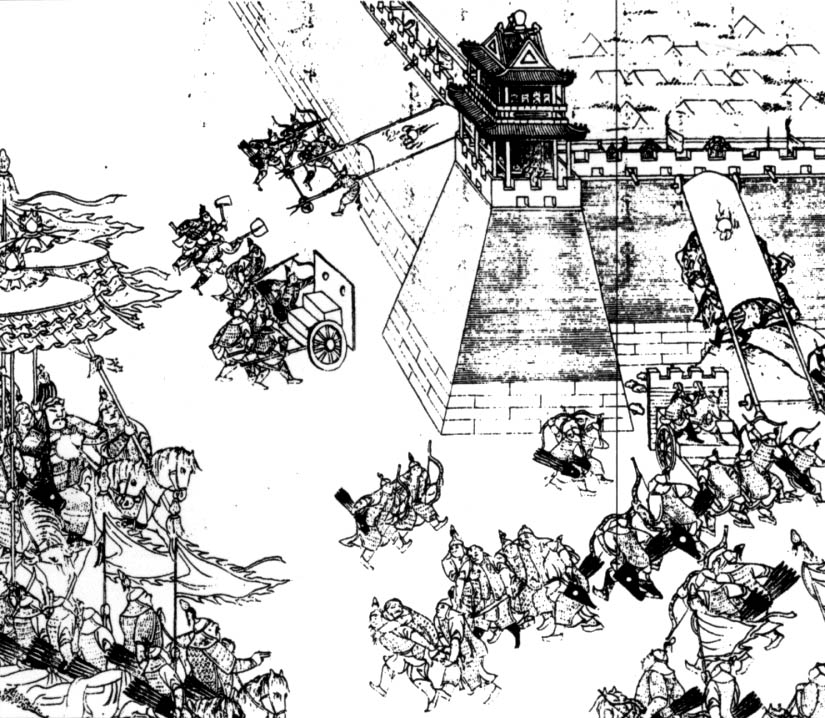
At War on the Rocks, Brian Fishman argues that a combination of public opinion and resources makes it impossible for the US to defeat the IS and that Obama understands this. After the execution of American journalist James Foley, apparently killed by a British citizen, it seems the long-term prospects for individual Western jihadis is bleak. On the same topic, Yochi Dreazen argues the IS is learning quickly how to govern effectively. Despite a ridiculous headline, this Alex Horton piece does a good job of trying to understand the identity of IS fighters and supporters. Somewhat relatedly, a fascinating article in War is Boring illuminates the world of arms dealing in Kurdistan. Lastly, Mark Kersten argues that the situation in Iraq is a perfect fit for an ICC intervention.
In The New York Times, Alex de Waal and Abdul Mohammed argue that the US’ counterterrorism-focused foreign policy in Africa is failing.
Only hours after negotiating with Hamas, Israel launched an airstrike aimed at killing military wing leader Mohammaed Deif. Samer Badawi argues that this is further evidence of Israel’s counterproductive behavior. T.X. Hammes argues that improvements in rocket technology will make it harder for Israel to “mow the grass” in the future. Finally, there are signs of brewing unrest in the West Bank.
In South Sudan, the government is largely unable to provide security, provoking an internal security dilemma between ethnic groups.
At Buzzfeed, Michael Hastings fellow Gregory D. Johnsen takes an extended look at whether the US is paying off the families of those killed by drone attacks in Yemen.
Iranian political institutions often come into conflict, and some more conservative elements are making their presence felt through the detention of journalists Jason Rezaian and Yeganeh Salehi.
In the Monkey Cage, Erica Marat examines why some incidents of police brutality capture national attention even when most don’t. Marat also covers why American police won’t demilitarize anytime soon. In the same outlet, Political Violence @ a Glance’s own Lionel Beehner writes that the literature on third-party interventions in civil wars provides more nuanced conclusions than most assume in regards to Western intervention in Syria.
Andreas Krieg takes a look at Qatar’s forward-looking foreign policy, “…Qatar has realized that the future of the Arab World belongs to the individual in a growing Arab public sphere.”






